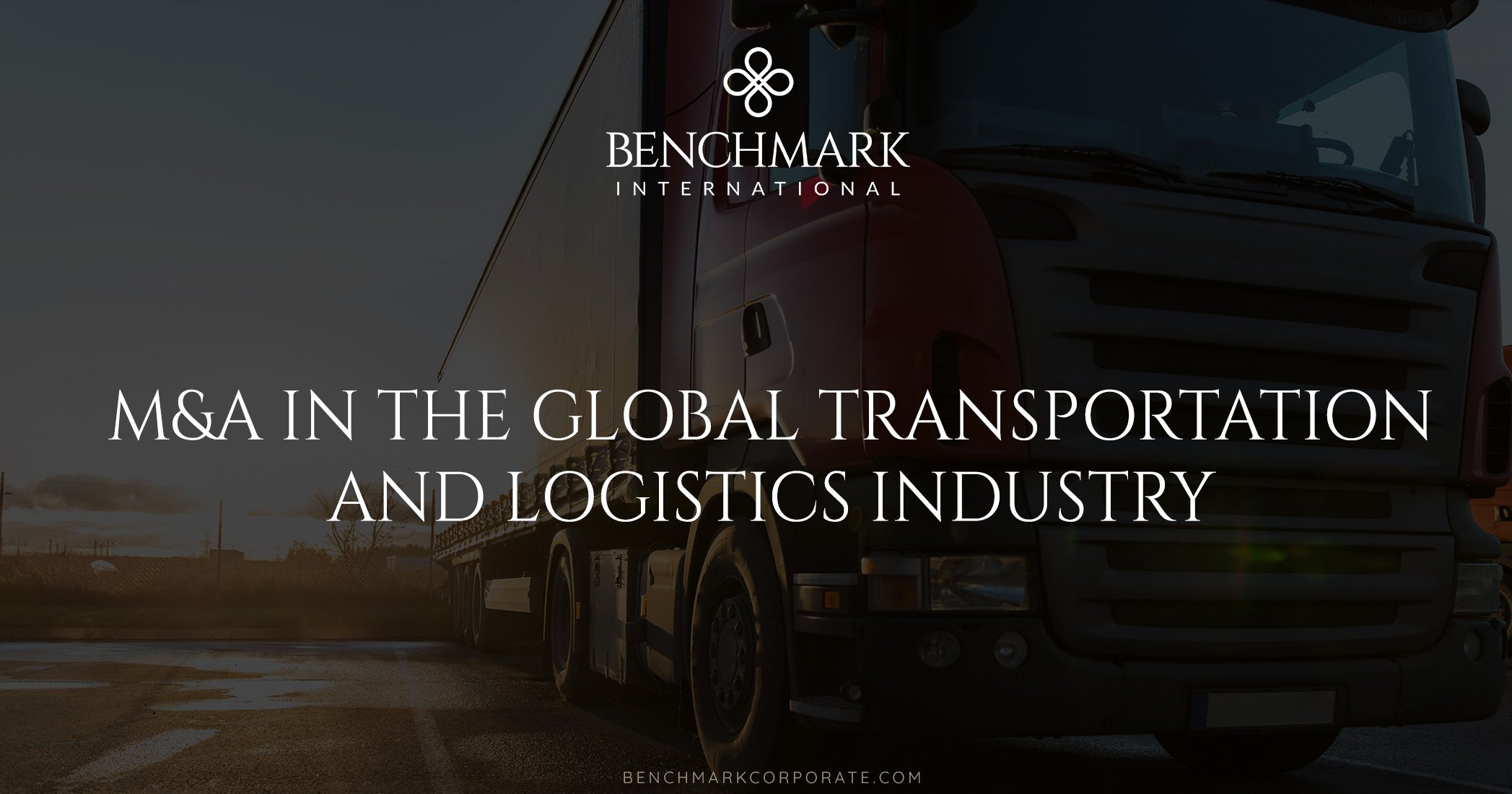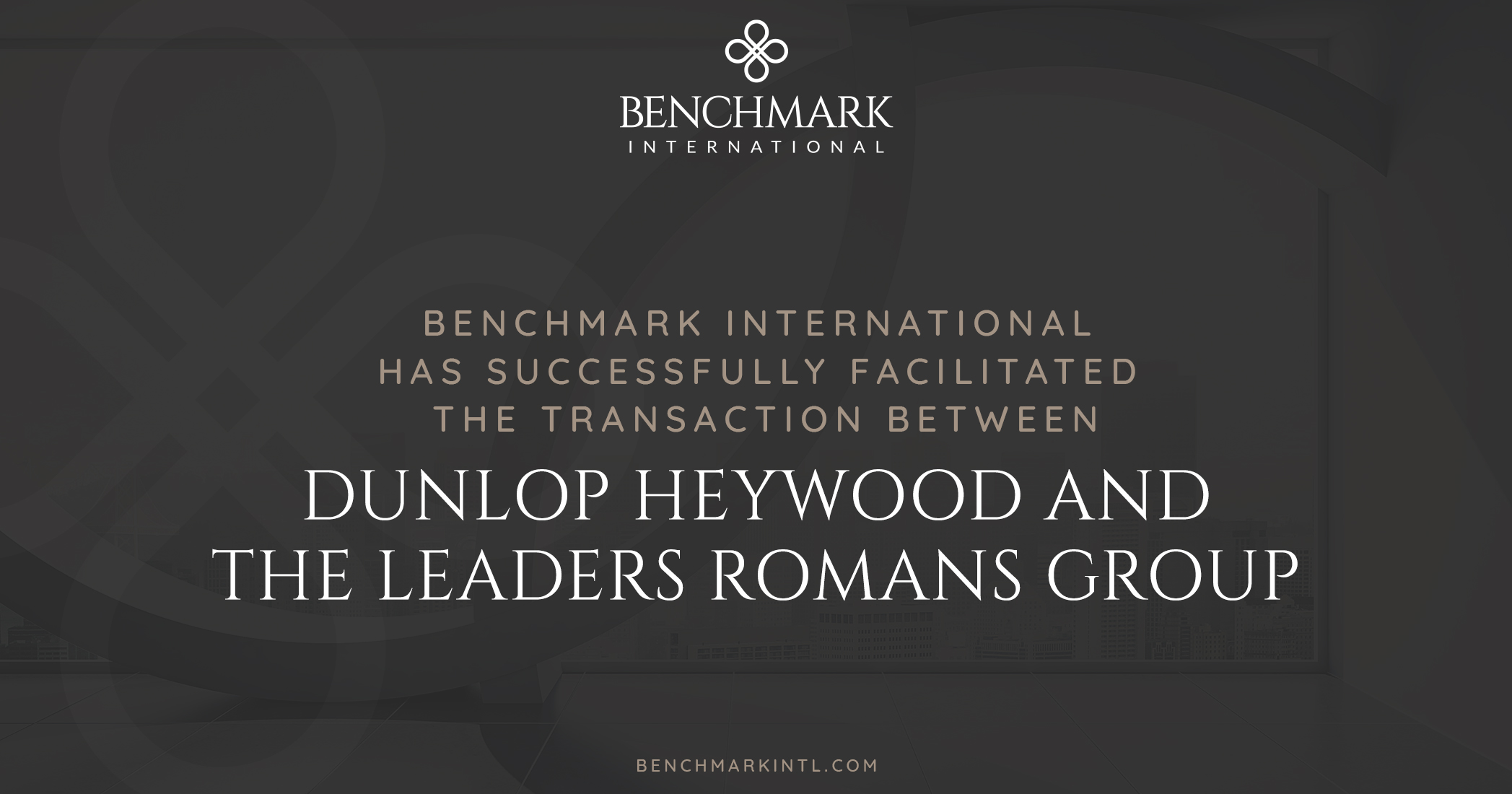By investing in the transportation and logistics sector, global companies open up the opportunity to advance the flow of goods throughout the world. Businesses in this industry, both domestic and international, benefit from integrated supply chain networks that connect companies and consumers through multiple transportation modes within industry subsectors.
Industry Subsectors
- Logistics services include the management of fleets, warehousing, order fulfillment, logistics networks, inventory, supply and demand, third-party logistics, and other support services.
- Air and express delivery provide accelerated end-to-end package delivery services, as well as infrastructure for exporters. Growth in this subsector is greatly driven by the expansion of e-commerce.
- Freight rail moves high volumes of heavy cargo and products long distances via rail network.
- Maritime includes carriers, ports, terminals, and labor involved in the transportation of cargo and passengers via water.
- Trucking moves cargo over the road by motor vehicles over short and medium distances.
The transportation and logistics industry is consistently a highly fragmented sector. This is largely due to the fact that most fleets are small and there are few barriers to entry when it comes to starting a small fleet. Another major factor is that larger carriers have difficulty retaining drivers and achieving organic growth. Owners are always looking to gain efficiencies, optimize routes and spread fixed costs across more operations. In order to do so, they must create greater scale. It is common in the transportation and logistics sector for acquisition strategies to revolve around broadening service offerings, branching out the customer base, and expanding geographical reach.
Economic and Industry Factors
Burgeoning economies drive demand in the transportation and logistics industry. More freight demand stems from strong consumer confidence and upward surges in manufacturing, resulting in more loads and vehicles on roads. When this climate is met with driver shortages, it increases transportation costs, which can reduce margins.
The Impact of Amazon.com
Amazon has greatly raised global consumer expectations when it comes to rapid fulfillment. This demand has shifted distribution patterns, pushing companies to move warehouses closer to customers. Getting products to consumers faster increases the number of touch-points along the freight network.
Automation Technologies
The introduction and evolution of new technologies in the transportation and logistics industry are addressing over-the-road challenges such as driver shortages. Long-haul robotic trucks are being developed and tested. Driverless and remotely piloted deliveries are being incepted, such as aerial delivery drones. Experts expect it to be a very long period of time before these advancements face more mainstream use, but someday in the future, the possibilities they hold will be very real.
Data-Driven Tech
Artificial intelligence, the Internet of Things, data collection, machine learning, and blockchain are all being used within the transportation and logistics industry to gain major competitive insights and advantages, and therefore make better decisions that improve the performance of the company.
Transportation and Logistics M&A
In the 21st century M&A market, transactions in the transportation and logistics industry are often driven by specific demographic, macroeconomic, and regulatory factors.
Sellers are motivated by:
- The desire to take advantage of a strong overall M&A market
- Volume limitations due to driver shortages, tight labor markets, aging drivers and increasing hiring costs
- Aging ownership without a succession plan in place (usually companies with <$50 million in sales)
- Unease about industry regulations around safety, driver hour limits and logging devices
- The use of cross-border deals to counter negative impacts on operations, access new markets, and protect supply chains, as remaining agile in a globalized market is critical
Buyers are motivated by:
- Leverage of economies of scale in order to maintain profitability
- Capitalization on domestic economies with strong growth potential
- The need to hire drivers while facing tight labor markets and rising hiring costs
- Acquisition of smaller companies that expand service offerings
- Use of various asset models to free up capital and invest in better equipment
A high level of activity in M&A in the transportation and logistics industry is contingent upon suitable timing in a growing economy, low interest rates, and widely available capital. It usually takes up to nine months to complete an M&A transaction, so timing and forward thinking should be considered when deciding to take your company to market.
Contact Us
Are you considering selling your company? Even if you are merely exploring the idea, our M&A specialists at Benchmark International can help you decide if and when a merger or acquisition may be right for you. We’ll work closely with you to ensure that you never have to compromise value or timing, and that you are only matched with the most suitable opportunities.
READ MORE >> Benchmark International
Benchmark International  Benchmark International
Benchmark International 




